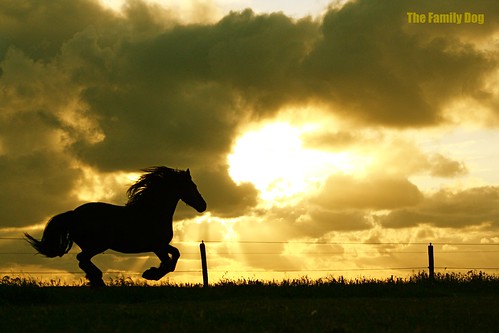
USING “WILDCARDS”
A wildcard is a character that may be used in a search term to represent one
or more other characters. The two most commonly used wildcards are:
1) The question mark (“?”) may be used to represent a single alphanumeric
character in a search expression. For example, searching for the term
“ho?se” would yield results which contain such words as “house” and “horse”.
2) An asterisk (“*”) may be used to specify zero or more alphanumeric
characters. For example, searching for the term “h*s” would yield results
which contain such words as “his”, “homes”, “houses”, “horses”,
“horticulturalists”, and “herbaceous”. It is usually best to avoid using
the asterisk as the first character in a search string. A search term
consisting of a lone asterisk and no other alphanumeric characters will
retrieve every record from the database.
For we Cragun's we need wild card to search in the British Isles. Why? Our Cragun name is not found there. However 100+ variants are there. Some of the most common are Cregan, Creaghan, Creegan, Creigan, Cragin, Cragan, or Creagan.
Most search sites let you use wild cards. Instead of having to search for each of the above names I can do only 1 by searching { cr* }If I receive too many results, I could do two searches. 1 a *cra and the other a cre* .
This article shows other ways of using wild cards. When usable they can save a lot of boring effort.
“OPERATORS”
Operators are used to combine search terms to identify a concept in a
document. The two most commonly used operators are:
1) To select documents that contain all of the search elements you specify,
use the “AND” operator. For example, searching for “herb and garden” would
yield results that contained BOTH words and would not return results
containing only one of the words.
2) To select documents that contain at least one of the search elements you
specify, use the “OR” operator. For example, searching for “herb or garden”
would yield results that contained EITHER or BOTH words.
No comments:
Post a Comment